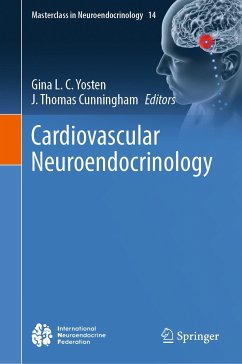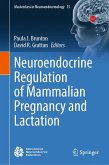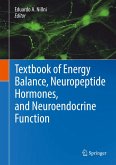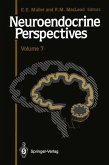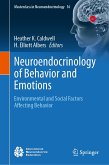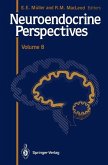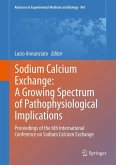This volume discusses how neuroendocrine systems influence cardiovascular function in health and disease. The first section provides detailed background information on neuronal and neuroendocrine control of cardiovascular function. This is followed by chapters highlighting the cardiovascular role of neuroendocrine hormones in regulating physiological states, such as pregnancy, and the effects of biological sex on vascular function. The influence of exercise, stress, psychology, and aging on cardiovascular function and dysfunction, and the possibility of therapeutically targeting the neuroendocrineaxis for the treatment of cardiovascular disease are discussed in the final section of the book.
This book is of relevance for students, trainees and established researchers alike who are seeking for an overview on the neuroendocrine control of cardiovascular function and disease.
This is the fourteenth volume in the International Neuroendocrine Federation (INF) Masterclass in Neuroendocrinology series, which aims to illustrate the highest standards and encourage the use of the latest technologies in basic and clinical research and hopes to provide inspiration for further exploration into the exciting field of neuroendocrinology.
Dieser Download kann aus rechtlichen Gründen nur mit Rechnungsadresse in A, B, BG, CY, CZ, D, DK, EW, E, FIN, F, GR, HR, H, IRL, I, LT, L, LR, M, NL, PL, P, R, S, SLO, SK ausgeliefert werden.
Hinweis: Dieser Artikel kann nur an eine deutsche Lieferadresse ausgeliefert werden.

